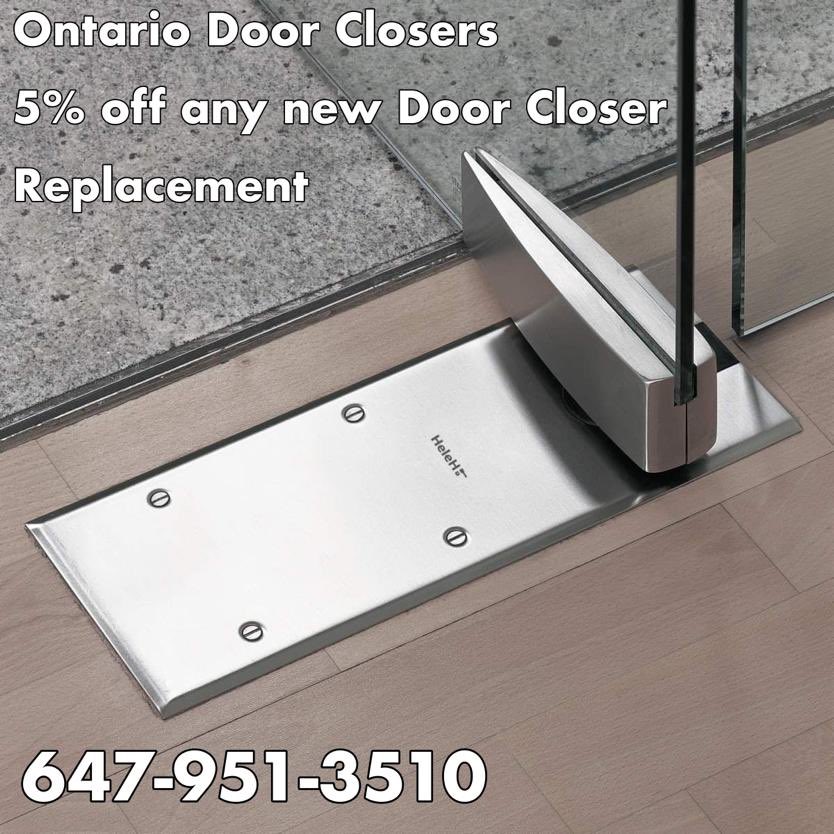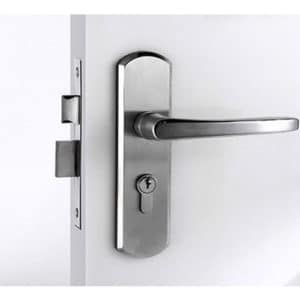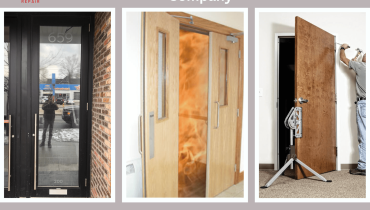Locks Change Oakville
Oakville Locksmith 647-951-3510
Locks Change Oakville
The different parts of a padlock
With countless different styles, sizes and applications of padlock available it may surprise you to know that the basic principles of their function and design are all pretty much the same.
Although the bodies of certain types of padlocks (some disc or combination padlocks, for example) are made from alternative materials, the majority of padlocks have a solid metal body. The solid padlock body is by far the strongest part of the padlock and, as a general rule, the larger the body the larger and more substantial the locking mechanism can be.
The U-shaped metal bar that exits and re-enters the padlock body is called the shackle or shank. Whilst the body of the padlock is relatively well protected this part of the lock is exposed and therefore most vulnerable to attack. As with increasing the size of the body, incorporating a more substantial shackle into a design a considerably more secure padlock can be produced. Whilst most padlocks use a spring-loaded shackle mechanism, certain others incorporate a manually released shackle.
Now for the business end of the padlock, the locking mechanism and key-way. Usually made up of between 3 and 7 tiny spring loaded pins, the unique key entering the padlock’s barrel causes these pins to be precisely aligned, in turn allowing the barrel to rotate, releasing the shackle.
As previously mentioned, most padlocks follow roughly the same principles of design. Having said that, certain other products do have slightly different properties. Continue reading this document explaining the different designs and merits of each.
Types of padlocks
There are countless designs of padlocks on the market and many of them can be found on this site. Each of these padlocks has unique and interesting features that set it aside from all others in terms of design, convenience and security.
- The Closed Shackle Padlock
An increasingly common design of padlock on the market, the name ‘closed shackle’ padlock simply implies that the normally vulnerable shackle has been protected in some way. In doing so the manufacturer has made it considerably more difficult to defeat these padlocks with either bolt cutters or a saw. Crucially, many insurance companies demand the use of such closed-shackle padlocks as an absolute minimum security measure.
It is worth noting, however, that in protecting the shackle in such a way it can frequently reduce the flexibility and ‘usable clearance’ of the padlock. By ‘usable clearance’ we mean the area between the shackles that allows us to pass them through a hasp or hole, around a bar or, indeed, onto a cable. As a result it is vitally important that you check not only your own requirements but also the exact dimensions on our website prior to making your purchase.
- The Straight Shackle Padlock
Another commonly used design is the ‘straight shackle’ padlock, otherwise referred to as shutter padlocks because of their common application for securing roller-shutter doors, something for which they are perfectly suited.
It is wrong to assume that this is their only purpose, however. Indeed, the straight shackle padlock is an incredibly versatile product having a wide variety of uses – from securing warehouse doors to shipping containers – due to their design and the levels of both security and convenience that this results in.
- The Discus or Round Padlock
Frequently referred to in the industry as a ‘closed shackle padlock’, the term refers to the long, curved shackle that wraps securely around the entire body of the lock. This precise feature is exactly what makes the discus, circular or round shackle padlock pictured here so resistant to attacks from tools such as bolt cutters.








